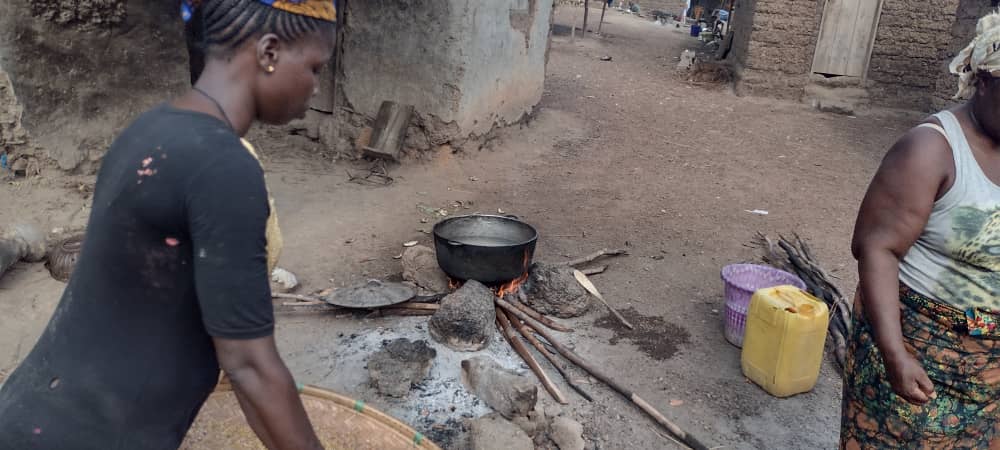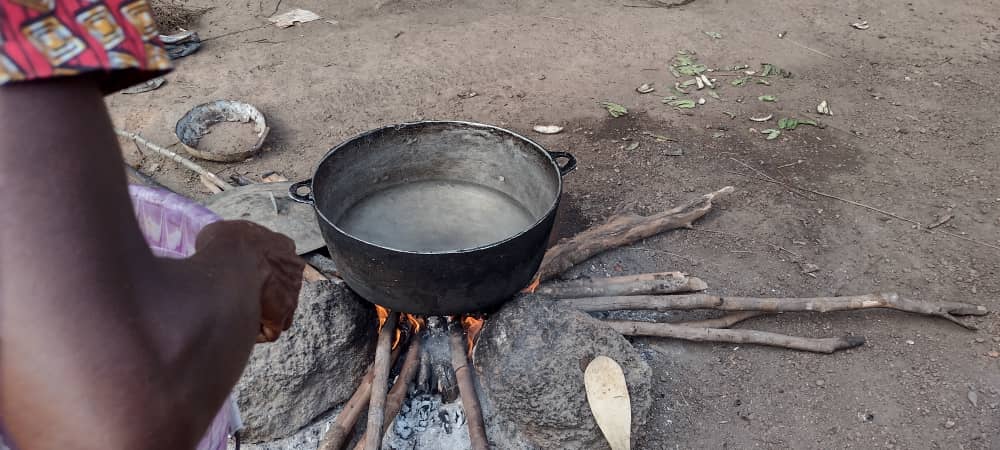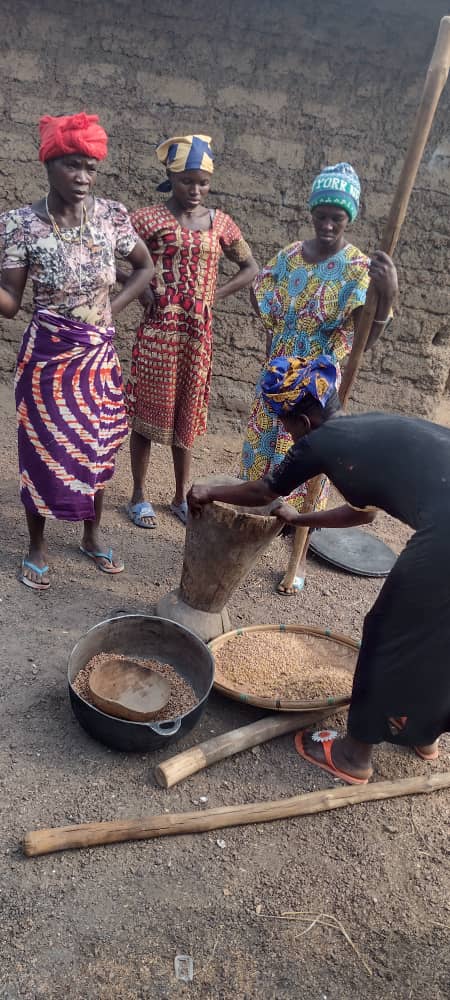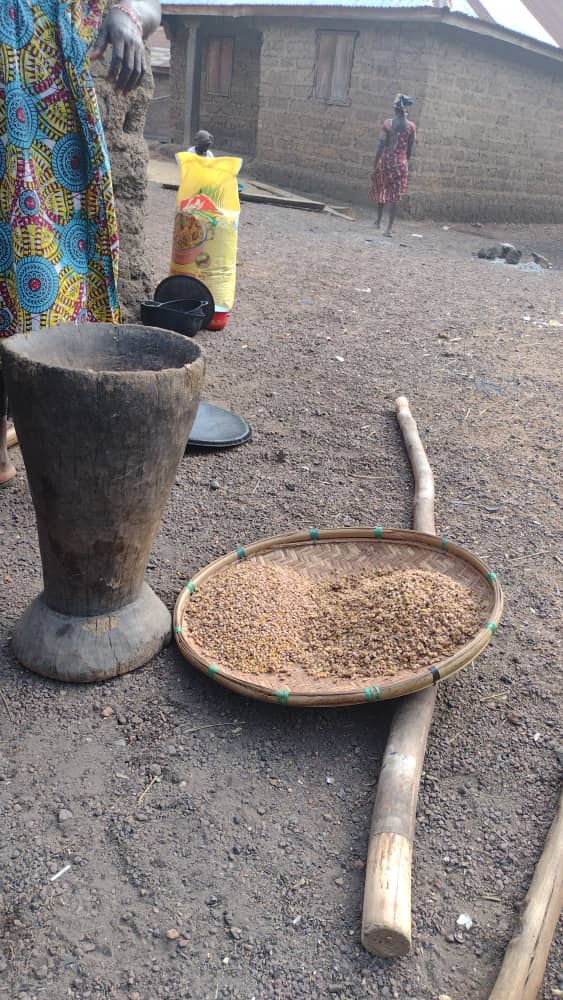
Black Eyed Beans
Black-eyed beans also known as peas or cowpeas, are a staple ingredient in Sierra Leonean cuisine and hold significant importance in the country’s culinary traditions.
The highlights below present key significance and various ways they are used in Sierra Leone, along with their benefits for children:
Nutritional Value: Black-eyed beans are rich in protein, fiber, vitamins, and minerals, making them a nutritious addition to the diet, especially for children who require essential nutrients for growth and development.
Cultural Significance: Black-eyed beans are deeply embedded in Sierra Leonean culture and are commonly used in various traditional dishes. They are not only a source of sustenance but also a symbol of community and shared heritage.
Versatility in Cooking: Black-eyed beans can be prepared in numerous ways, providing versatility in Sierra Leonean cuisine. They can be boiled, stewed, mashed, or added to soups, stews, and rice dishes, offering a range of flavours and textures.
Inclusion in Staple Dishes: In Sierra Leone, black-eyed beans are frequently incorporated into staple dishes such as “akara” (bean cakes), “gbegiri” (a bean-based soup), and “waakye” (a rice and beans dish). These dishes are popular across the country and are enjoyed by people of all ages.
Affordability and Accessibility: Black-eyed beans are relatively affordable and accessible in Sierra Leone, making them an essential source of nutrition for many families, particularly those with limited financial resources. Their availability contributes to food security and ensures that children have access to nutritious meals.
Health Benefits for Children: Incorporating black-eyed beans into children’s diets can have numerous health benefits. The high protein content supports muscle growth and development, while the fiber promotes digestive health. Additionally, the vitamins and minerals found in black-eyed beans contribute to overall well-being and immune function, helping children stay healthy and resilient.
Addressing Malnutrition: In a country where malnutrition remains a significant concern, black-eyed beans play a crucial role in addressing nutritional deficiencies, particularly among children. By providing essential nutrients, they contribute to combating malnutrition and promoting healthy growth and development.
The Diaspora Connection: Inspired by West African cuisine, Hoppin’ John, jambalaya, and feijoada are some of the dishes made from black-eyed peas, meat and vegetables mixed with rice that are common among people of African descent in the Americas and around the world.
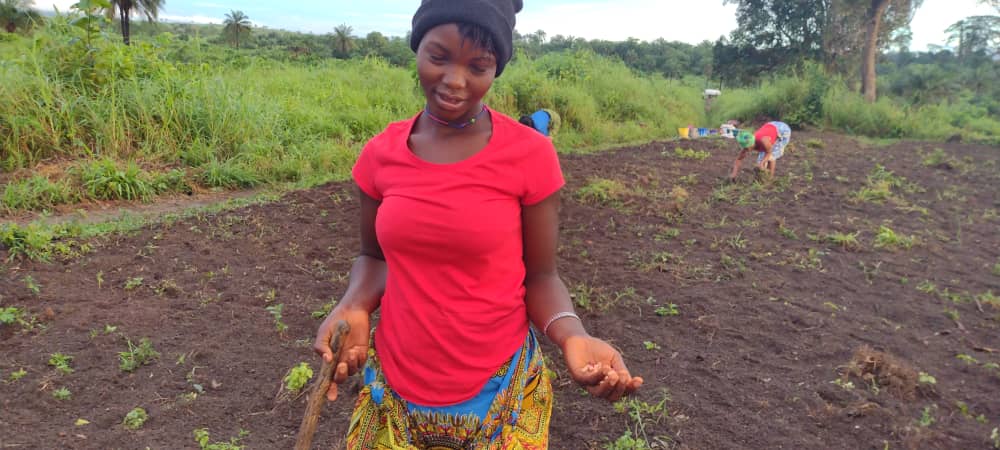
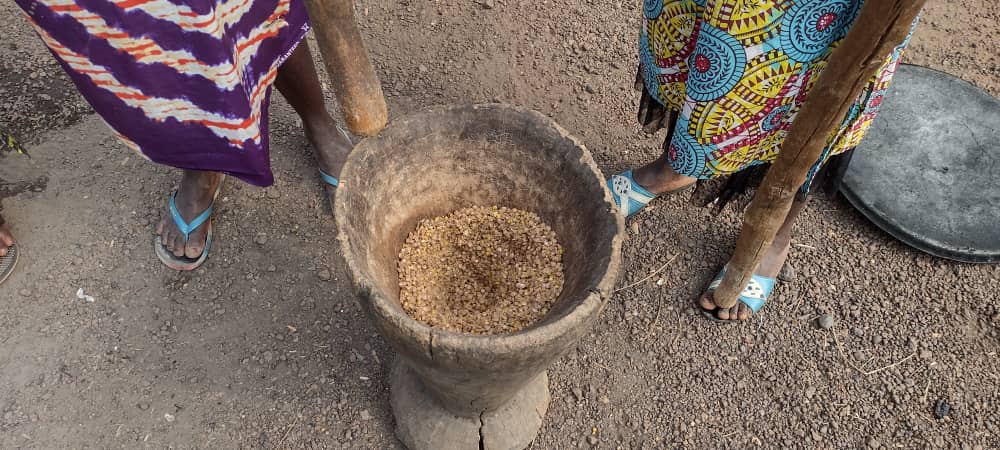
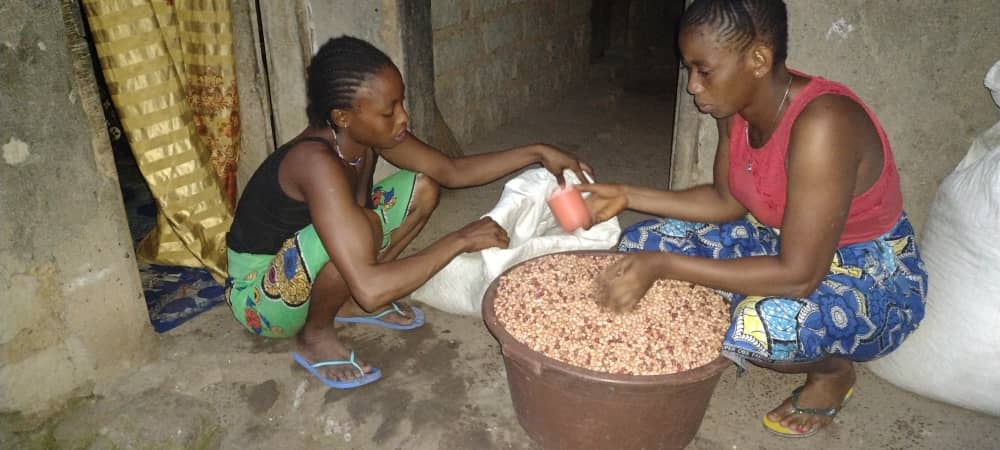
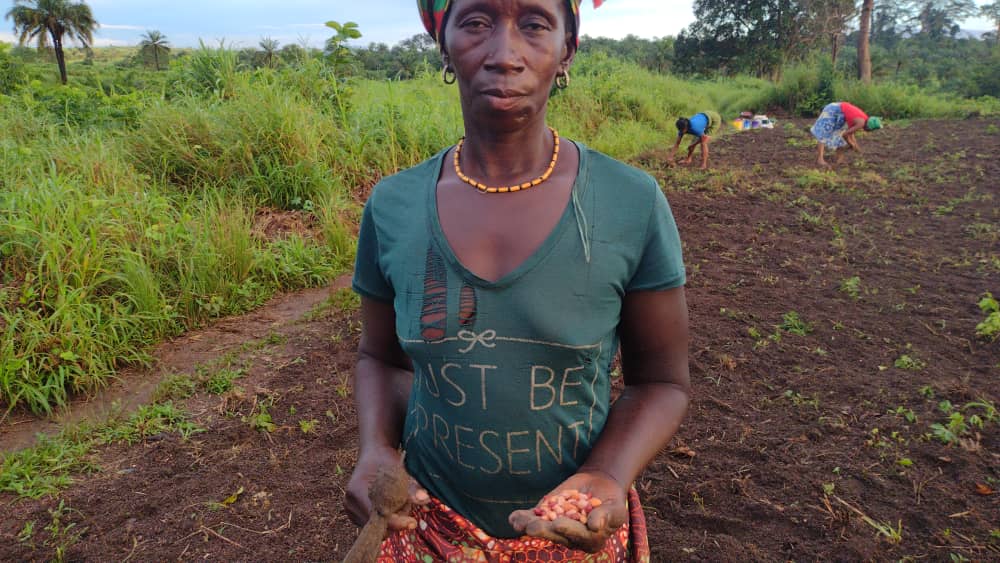
From West Africa’s shores (including Sierra Leone) to South America and the Caribbean—black-eyed peas have become a potent symbol of the cultural ties that still bind Africa and its diaspora. Cakes made of peeled and mashed peas deep-fried in palm oil are sold on the streets under many similar names on different continents. In Brazil they are called acarajé, in Nigeria akara.
While black-eyed peas are also part of the diet of people living in places such as India and Myanmar, they’re mostly consumed in West African countries, particularly Benin, Sierra Leone, Guinea Nigeria and Senegal, as well as in the Caribbean, Brazil and the southern United States, which has long had a large African-American population. The peas are said to have been taken to the Caribbean and the Americas on slave ships.
In conclusion, black-eyed beans are not only a staple ingredient in Sierra Leonean cuisine but also a valuable source of nutrition for children. Their versatility, cultural significance, affordability, and health benefits make them an essential component of the diet, helping to ensure the well-being of future generations in Sierra Leone.
Seed-To-Grow Campaign: During the month of March, Impact Sierra Leone will gift the Women’s Farm Collaborative’ forty female members with two cups of black-eyed beans to plant and harvest
to feed their families. This outreach is supported by our Seeds of Life Program. Impact Sierra Leone celebrates the women farmers during this Women’s History Month!
